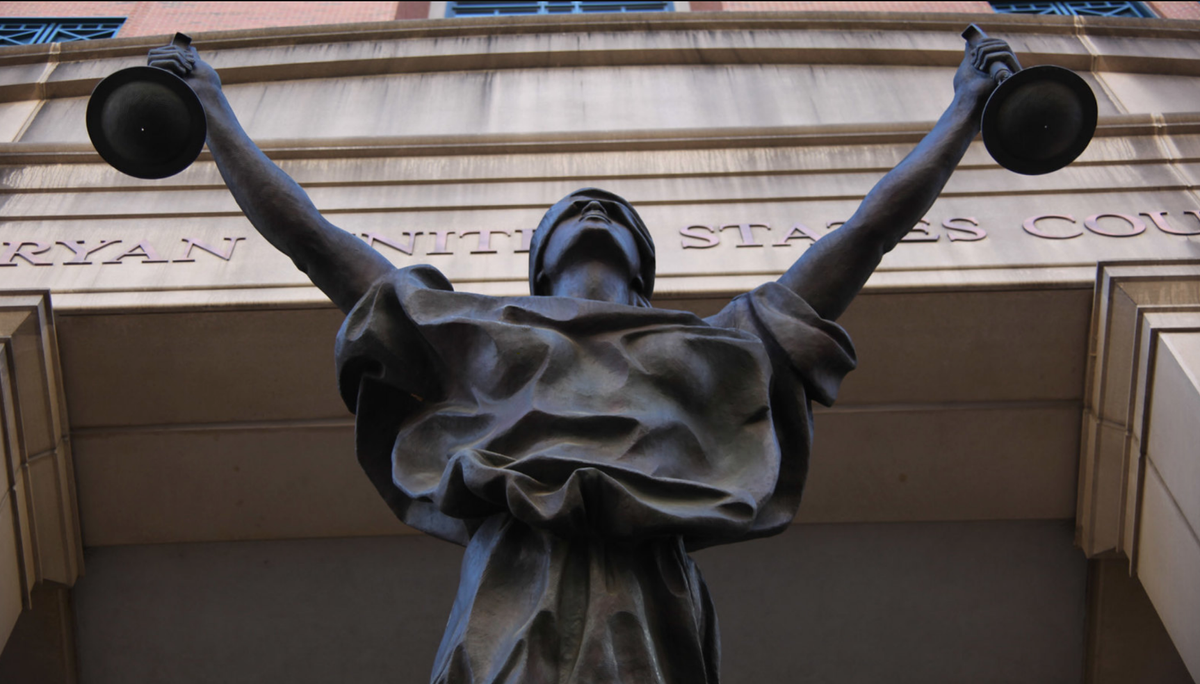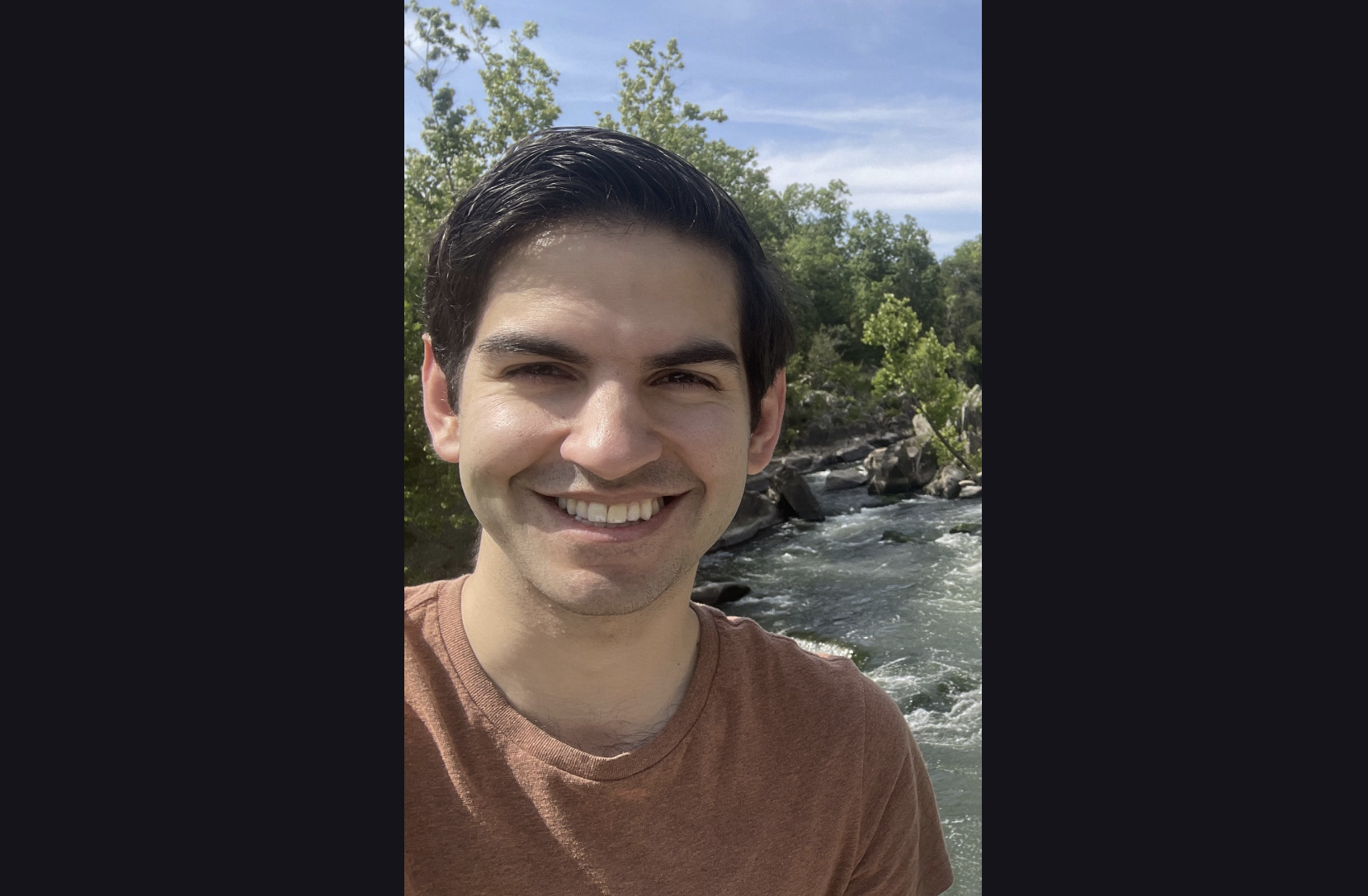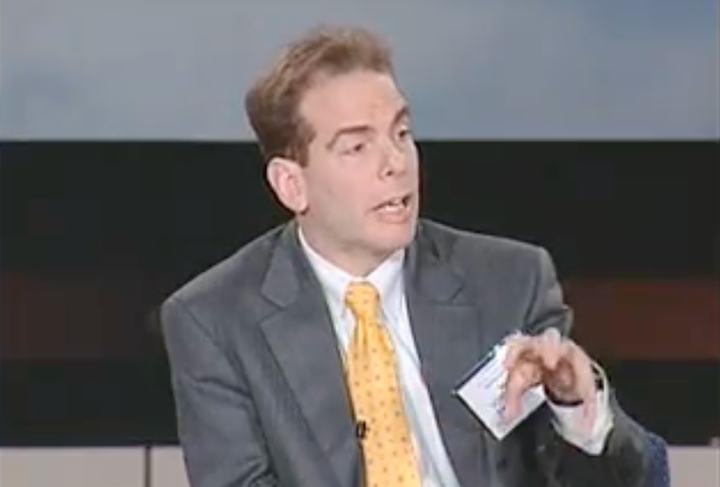In Unprecedented Move, Judge Keeps CIA Employee Facing Espionage Act Charges In Jail

The following article was made possible by paid subscribers of The Dissenter. Become a subscriber and support independent journalism on press freedom, whistleblowing, and government secrecy.
On December 11, five days after Magistrate Judge Ivan Davis ordered accused CIA leaker Asif William Rahman to be released from jail, District Judge Patricia Tolliver Giles overruled the decision. She agreed with the United States government that Rahman posed both a danger to the community and U.S. "national security," and therefore, was a flight risk.
Giles' decision means that for the first time in the Eastern District of Virginia a defendant charged under §793 of the Espionage Act has been ordered to be detained before trial. Defense attorneys have pledged to appeal this unprecedented move. (§793 is the section of the Espionage Act most used to prosecute leaks.)
During the same hearing, Rahman was finally arraigned. Through his attorney Amy Jeffress, the CIA employee pleaded not guilty to both Espionage Act counts against him.
The proceeding also marked another first: U.S. prosecutors mentioned Israel by name on two separate occasions.
While it is obvious that Rahman is accused of disclosing two assessments of potential Israeli strikes on Iran that were published by the "Middle East Spectator," the government had avoided referring to Israel or Iran by name. Such performative secrecy is standard during Espionage Act trials, as it helps the government bolster its claims of harm.
Past Espionage Act Cases Irrelevant, Judge Says
The Espionage Act is not designated by Congress as an offense that carries a rebuttable presumption that the defendant should be held in confinement prior to trial.
During the initial detention hearing, Magistrate Judge Davis criticized the government for making arguments that would apply broadly to any Espionage Act defendant, stating that prosecutors needed to distinguish Rahman’s case from the other cases in the district where defendants were released. District Judge Giles took a dramatically different approach. She stated pretrial detention was a case-by-case decision. Since every defendant was different, not much weight should be given to how other defendants were treated.
In her ruling from the bench, the district judge gave great weight to the “characteristics and nature of the offense,” homing in on the fact that evidence was classified at the “top secret” level. She bought and repeated prosecutors' argument that the release of the information posed "exceptionally grave danger" simply because it was classified at the top secret level.
This argument from both the district judge and the government has a number of fatal flaws. First, overclassification of information is universally acknowledged to be a major problem. Multiple Espionage Act defendants in the Eastern District of Virginia have been charged with leaking top secret information and have been granted pretrial release. That includes top secret information about covert action against Iran and U.S. air wars.
Had the district judge taken the magistrate judge's approach, the government’s arguments could have easily been dismissed. The prosecution’s contention of grave harm was also severely undermined by the actual comments of U.S. and Israeli government officials. Disclosures of classified information are almost always accompanied by claims from the government that vastly overstate their harm.
Yet with the release of the two documents concerning Israel’s potential strike on Iran, the government's response has been notably muted. A supplemental motion from the defense directly quoted U.S. and Israeli officials, who downplayed the harm from the leak. As the defense pointed out how U.S. and Israeli officials had a muted reaction, District Judge Giles appeared to take great umbrage—interrupting to inform Rahman’s attorney that an Espionage Act charge by its very nature is quite serious.
Prosecutors told the court that such statements from government officials were not actually reflective of the damage done. Officials could not expect to be honest about such a leak, as doing so would aid U.S. adversaries. Instead, the government maintained that the court should take into account declarations from intelligence officials that were submitted by the prosecution.
Except the two declarations—one from an official at the National Geospatial-Intelligence Agency (NGA) and the other at the CIA—gave little insight into what harm specifically came from the disclosure. The NGA declaration was largely a treatise on the government’s abstract beliefs about what harm could be caused by releasing classified information in general. The CIA declaration focused on information Rahman knew, but did not disclose, stating how dangerous it would be if he was released to home confinement.
The CIA declaration mirrored arguments from the government that Rahman could further release classified information, including the names of covert operatives, if he was not detained. Such knowledge not only made him a danger to the community, but according to the government, it also made him a flight risk, as an adversarial government could grant him refuge in exchange for the information.
This is, of course, pure speculation. If the government is correct and Rahman released the information in question, then based on what the government has presented about the breadth of potentially damaging knowledge he possesses, it was a remarkably tailored leak.

Government Attacks Rahman As 'Ideological' Leaker
During the Wednesday hearing, the government sought for the first time to ascribe a motive to Rahman. It claimed he had an “emotional” or “ideological” motive. Like all the government’s claims, this one was also based largely on speculation.
Prosecutors offered no political statements or even broad beliefs from Rahman. Instead, they cited his family wealth as indicating that he probably wasn’t motivated by money. If blackmail or bribery was not behind the leak, therefore, it must be ideological. Further speculation that Rahman was ideologically motivated was drawn from the fact that Rahman disclosed the documents less than 48 hours after they were created. Even the district judge had difficulty following this logic.
Another argument from the prosecution that fell flat was that Rahman must be ideologically motivated because of where the information was published and how people reacted to it. They even cited claims on social media from readers of the releases that publishing the documents had “prevented World War III.” District Judge Giles let the government know that she wasn’t giving credence to third party social media posts.
The government's effort to paint Rahman as an ideological leaker was nefarious. If taken to its logical conclusion, it would mean that the government believes whistleblowers who act out of the public interest are a greater threat than spies who betray their country for financial gain.
According to the government, Rahman’s danger to the community was increased by the fact that there was ongoing “volatility” in the Middle East. The example of volatility cited was the events in Syria and that Israel was “reacting” to them.
Since the fall of Bashar al-Assad's government, Israel has escalated its bombings of Syria and seized Syrian territory, all in flagrant violation of international law. It is unclear if this particular example was just meant to highlight the unstable situation in the Middle East or to imply that since Rahman acted to stop Israeli military action in the past he might do so again.
In fact, bringing up Israel’s current bombing of Syria in arguing for Rahman to be detained as a danger to the community hardly seems coincidental. It would appear the U.S. government believes any disruption to Israeli warmaking is akin to a threat to U.S. national security, and thus a danger to the community.
The hearing also saw the government recycle its previous arguments about encryption and “pocket litter.” In arguing that Rahman was a flight risk, they also cited his familiarity with international travel— focusing on the fact that his job with the CIA required international travel and that he once applied to law school in Canada.
Although Rahman was accepted into Canadian law school, he did not attend. It is hard to imagine how this “familiarity” with travel could meet the government’s burden to show that no amount of conditions imposed on Rahman, including the order that he surrender his passport and wear a GPS monitored ankle bracelet, could guarantee that he would appear at trial. Nonetheless the judge appeared to buy them.
Both District Judge Giles and the Department of Justice (DOJ) admitted that taken in isolation many of the government’s arguments for pretrial detention did not amount to very much. But taken together, they argued there was a totality of circumstances showing Rahman had to be kept in jail.
The proceedings offered a preview of the government’s case against Rahman, as well as a clearer look at Rahman’s role in the CIA.
We learned that Rahman's responsibilities at the CIA had something to do with the Middle East until October 2020, when he was “read out” of Middle East related-intelligence. It was also revealed that Rahman worked at the U.S. embassy in Cambodia, meaning that he was likely working under diplomatic cover.
The government claims that their evidence is strong because Rahman is the only government employee to have printed both documents in “format they were published” online. However, the defense revealed that part of Rahman’s job at the embassy was printing classified documents and assembling them in a briefing book (the documents published online were photographs of the originals).
Prosecutors conceded based on the table of contents of the briefing book that one of the two documents was likely included but claimed that the second document was likely not in the book (it is unclear why they were unable to review the entire book). The document was also available across the Five Eyes alliance, where the US government could presumably not track who printed it and when.
The appeal hearing sharply contrasted with the initial detention hearing. At the initial hearing, Magistrate Judge Davis expressed great skepticism over the government and made clear they needed to meet their burden with facts, not conclusions based on speculation.
The Magistrate Judge was a former public defender before becoming a judge. District Judge Giles, on the other hand, spent decades as a prosecutor before being appointed to the federal bench by President Biden. She seemed much more willing to give the prosecutors the benefit of the doubt, even as their arguments appeared to flounder.
Most Espionage Act defendants seek some kind of a plea deal, but Rahman is more highly connected than other defendants. His father ran a private equity firm and Rahman’s personal wealth stemming from a family trust was cited as part of the government's argument that he poses a flight risk.
His lawyer, Amy Jeffress, previously was a high ranking DOJ official under Attorney General Eric Holder. Journalist Josh Gerstein identified Donald Verrilli Jr., a former Solicitor General under Obama and family friend of the Rahmans, as present in court amongst friends and family supporting him.
At the start of proceedings, District Judge Giles told the defense that she assumed given the complex nature of the charges they would waive their speedy trial rights. To her surprise, Jeffress indicated that they would not at this time, but they were in discussions with the government.
Any Espionage Act defendant faces an uphill battle, but if there are factual holes in the government’s case, Rahman is uniquely situated to challenge them.
Under President Barack Obama, the DOJ targeted CIA whistleblower John Kiriakou in the Eastern District of Virginia with an Espionage Act prosecution. He wound up pleading guilty to violating the Intelligence Identities Protection Act in order to ensure that he only went to prison for 30 months. Kiriakou was not held in pretrial detention.
"There is no legal reason, and there is no contemporary precedent, to mandate keeping Asif Rahman in custody," Kiriakou told The Dissenter. "Rahman is a patriot who is accused of giving the American people information that they have a right to know. He is not a flight risk. He is not a threat to anybody."
"He deserves to be free to defend himself and to counter the Justice Department’s unlimited budget and manpower resources that are being used against him," Kiriakou concluded.




Comments ()